Measuring Grammatical Complexity
1. Introduction 2. Major Contributions from Formal Linguistics to the complexity Debate 3. Sign languages, Creoles, and the Development of Predication 4. What You Can Say Without Syntax: A hierarchy of grammatical complexity 5. Degrees of Complexity in Syntax: A view from evolution 6. Complexity in comparative Syntax: The view from modern parametric theory 7. The Complexity of Narrow Syntax: Minimalism, representational economy, and simplest merge 8. Constructions, Complexity, and Word Order Variation 9. Complexity Trade-offs: A case study 10. The Importance of Exhaustive Description in Measuring Linguistic Complexity: The case of English try and pseudocoordination 11. Cross-linguistic Comparison of Complexity Measures in Phonological Systems 12. The Measurement of Semantic Complexity: How to get by if your language lacks generalized quantifiers 13. Computational Complexity in the Brain 14. Looking for a 'Gold Standard' to Measure language Complexity: What psycholinguistics and neurolinguistics can (and cannot) offer to formal linguistics References Index
{{comment.content}}
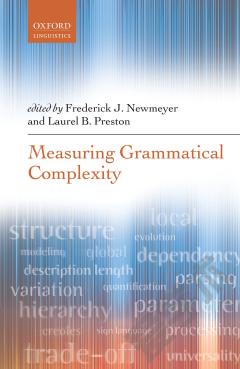
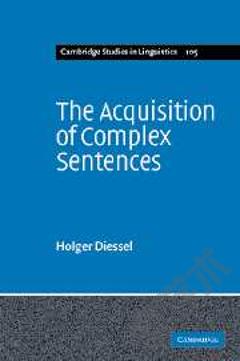

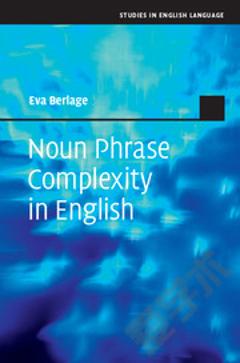
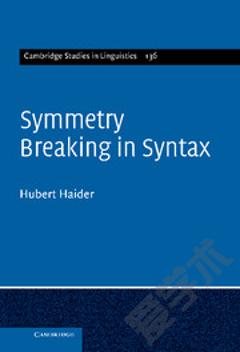
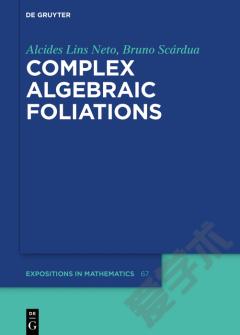


 京公网安备 11010802027623号
京公网安备 11010802027623号